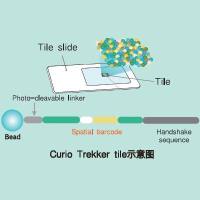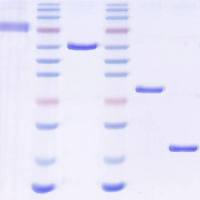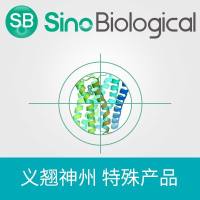Epitope Mapping by Proteolysis of AntigenAntibody Complexes
互联网
568
The ability to accurately characterize an epitope on an antigen is essential to understand the pathogenesis of an infectious material, and for the design and development of drugs and vaccines. Emergence of a new contagious microbial or viral variant necessitates the need for robust identification and characterization of the antigenic determinant. Recent advances have made mass spectrometry (MS) a robust and sensitive analytical tool with high mass accuracy. The use of MS to characterize peptides and proteins has gained popularity in the research arena involving protein–protein interactions. Combining the modern mass spectrometric principles of protein–protein interaction studies with the classical use of limited proteolysis, a linear epitope on a peptide or a protein antigen can be accurately mapped in a short time, compared with other traditional techniques available for epitope mapping. Additionally, complete MS analyses can be achieved with very little sample consumption. Here we discuss the overall approach to characterize the detailed interaction between a linear antigen (either a peptide or a protein antigen) and its corresponding monoclonal antibody by using MS. The steps involved in epitope excision, epitope extraction, and indirect immunosorption are outlined thoroughly. Conditions required for MS analysis using either matrix assisted laser desorption ionization (MALDI) or electrospray ionization (ESI) sources are summarized, with special emphasis on the experimental protocols.









